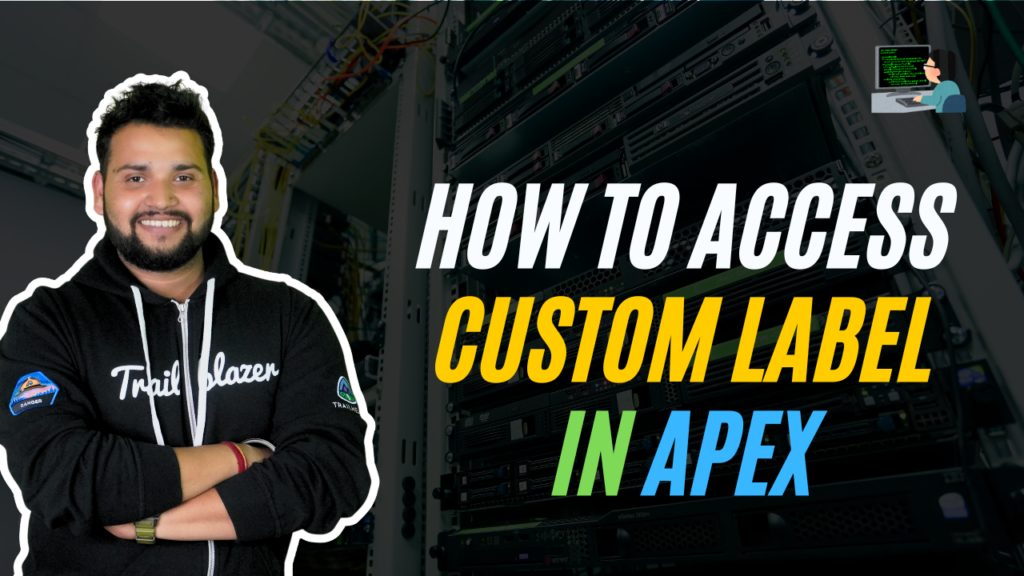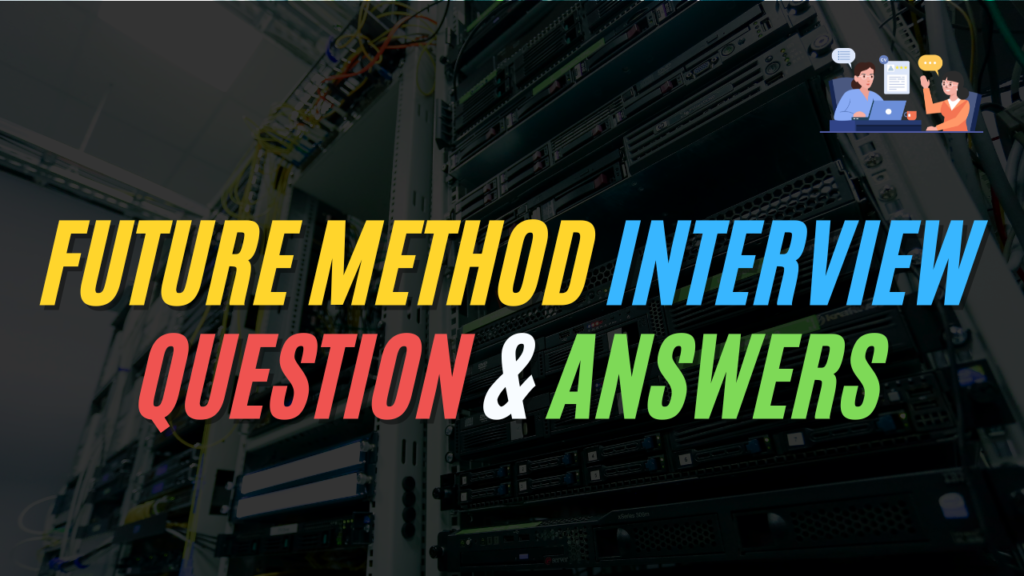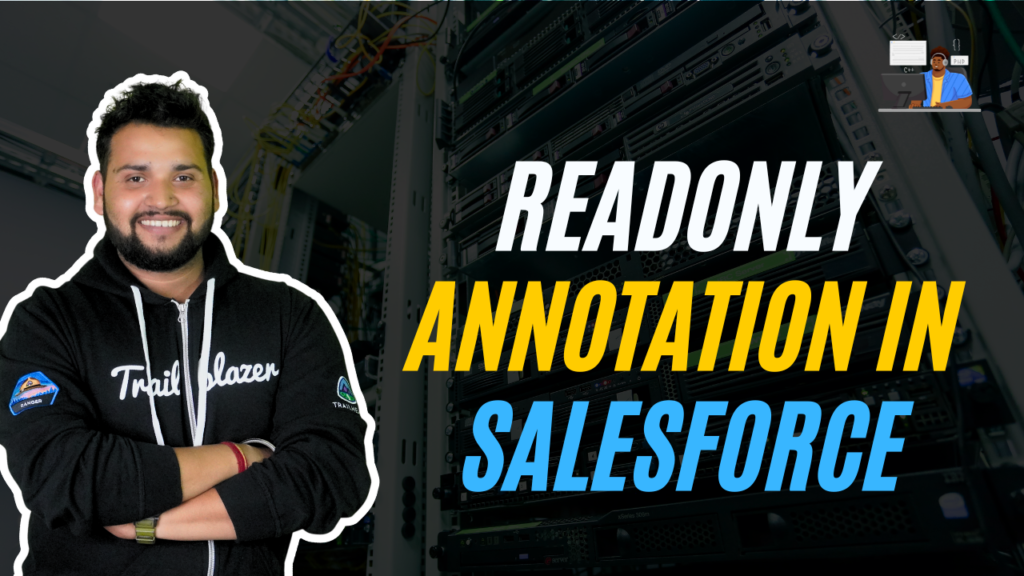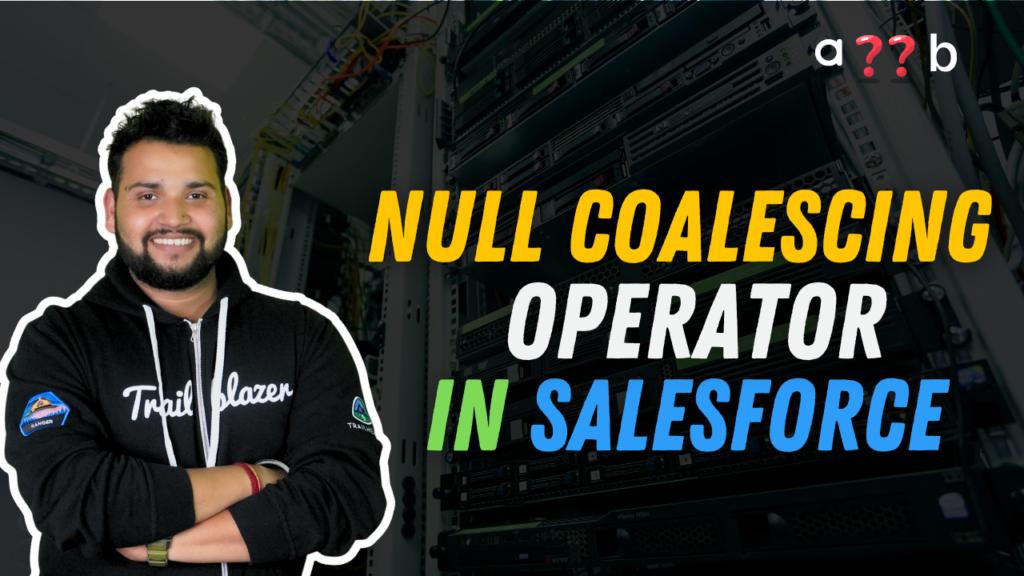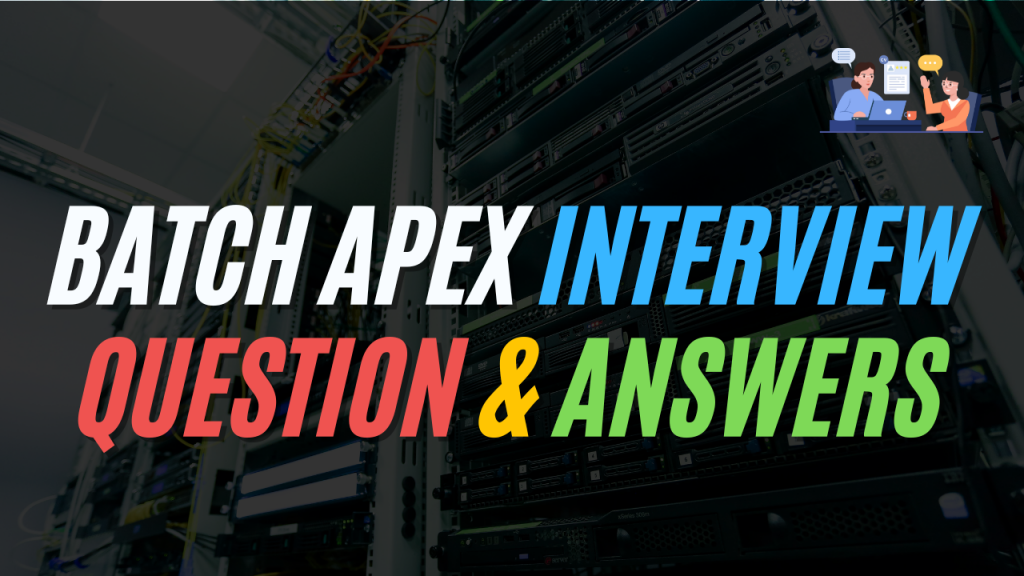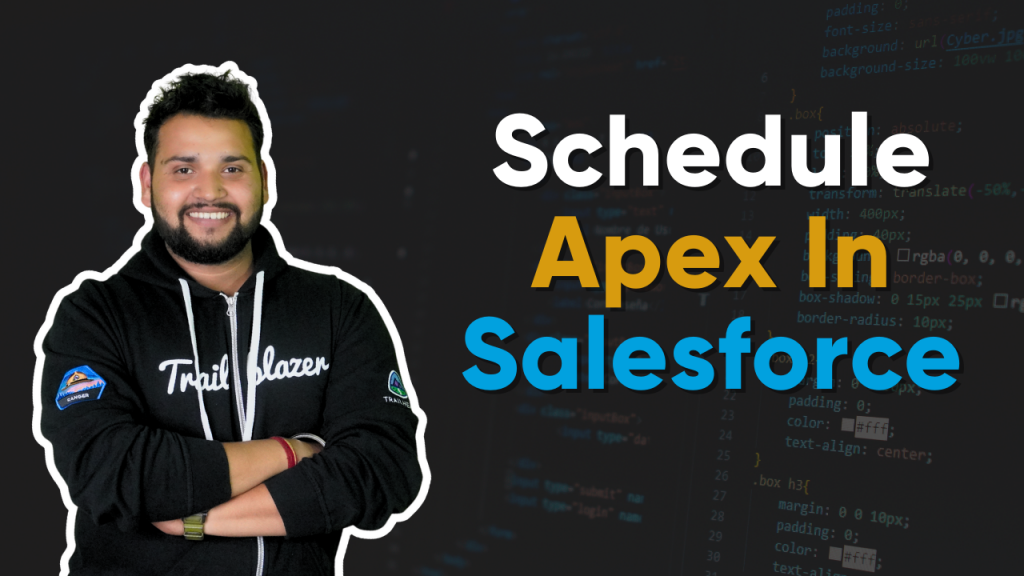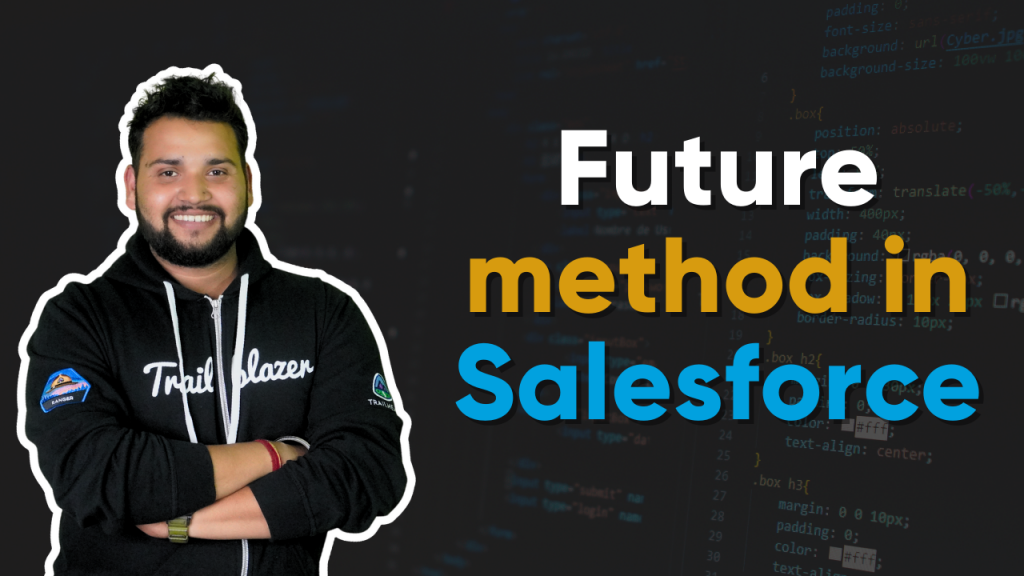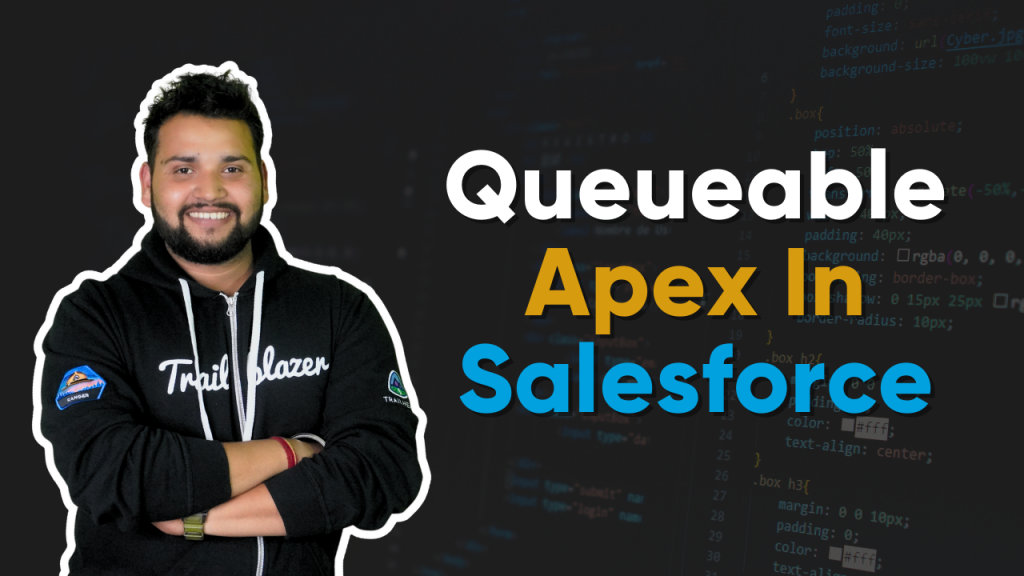Ready to nail your Salesforce Apex Trigger interview? Let’s dive into Apex Trigger scenario-based interview questions to boost your skills and ace that interview. Here’s how to handle common scenarios
How to access custom label in Apex
In this blog, we will check how to access custom label in Apex. Custom labels are the text that can be accessed via Apex, VisualForce, LWC, aura, etc. It is
Future Method Scenario Based Interview Questions in Salesforce
This blog will take you through 20 scenario-based interview questions about future method scenarios in Salesforce. We’ve curated these questions to give you practical insights into handling asynchronous processing challenges
ReadOnly Annotation in Apex
In this blog, we will discuss the readOnly annotation in Apex. As we know Salesforce is a multitenant architecture; therefore, it enforces governor limit. It has various limits like DML
Null Coalescing Operator in Salesforce
In this blog, we will be going to discuss the Null Coalescing Operator in Salesforce that we just got in the Salesforce latest Spring’24 release. Earlier we used to put
Batch Apex Scenario Based Interview Questions and Answers
In this blog series, we delve into 20 real-world Batch Apex scenario-based interview questions that commonly arise in Salesforce development interviews, providing you with the knowledge and skills to tackle
Schedule Apex in Salesforce with example
In this blog, we will discuss Schedule Apex in Salesforce with example. It is a type of asynchronous apex which used to run at a specific time. It runs in
Future method in Salesforce with example
In this blog, we will discuss about the future method in Salesforce with an example. We will also discuss how it’s different from the queueable apex. It operates in the
Queueable Apex in Salesforce with example
In this blog, we are going to discuss Queueable Apex in Salesforce with example. Queueable Apex is another asynchronous type of apex. It runs in a separate thread and executes
Batch Apex in Salesforce with examples
In this blog, we will learn about Batch Apex in Salesforce with examples. There are two types of apex in Salesforce: Synchronous Synchronous apex executes all processes in one go,


